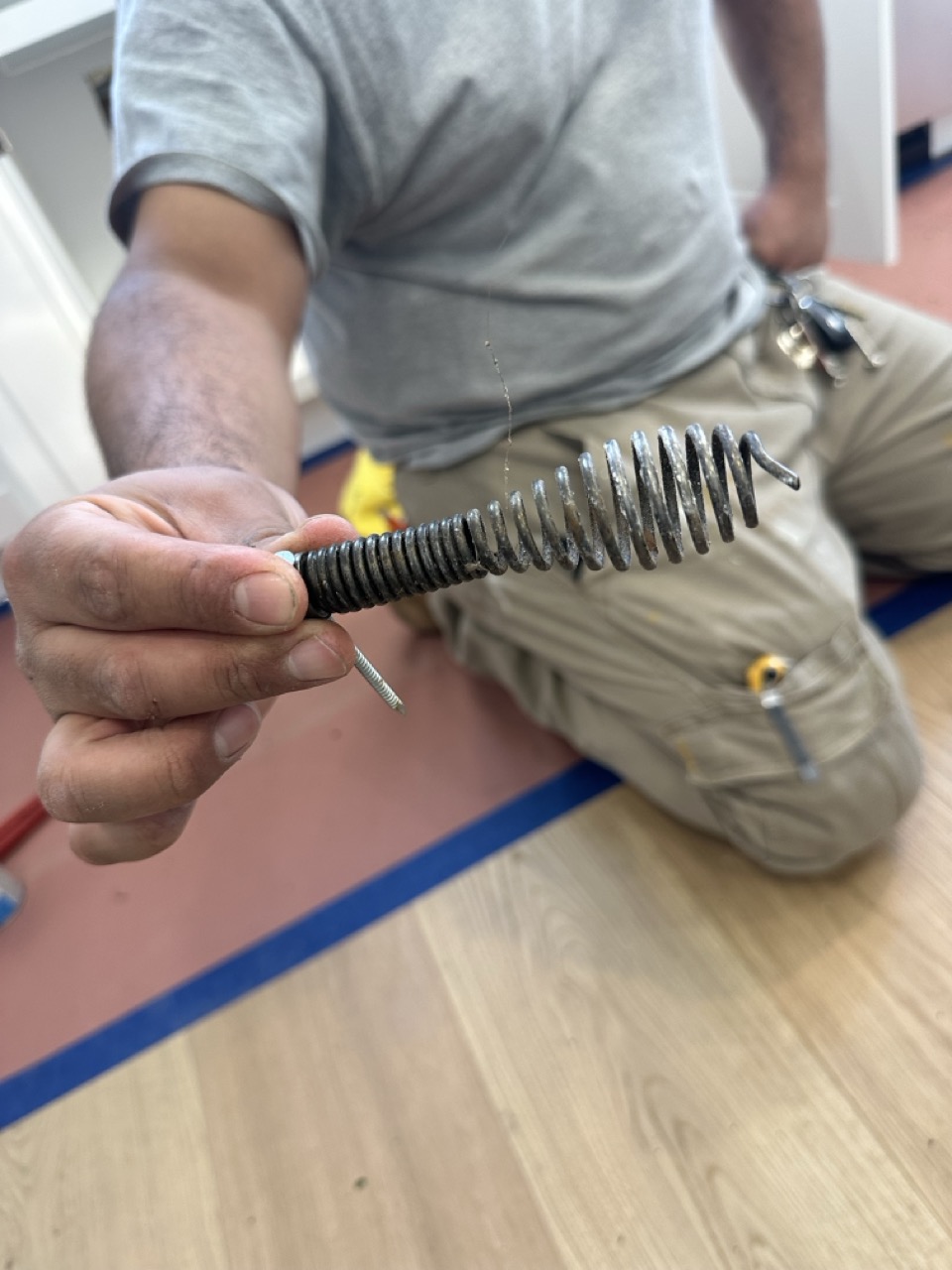Regular Snaking is Essential: Lessons from a 100-Year-Old Pipe

Slow sinks, gurgling tubs, or recurring clogs are signs it’s time for regular snaking. Clearing hair, grease, and scale before they harden keeps wastewater moving and protects fixtures and lines—especially in older Orange County and LA neighborhoods where legacy plumbing is common.
Why Regular Snaking Matters
Stops buildup before it becomes a blockage
Organic debris and mineral scale constrict pipe diameter over time. Scheduled service removes the film while it’s soft, restoring flow and reducing odor.
Protects pipes in vintage homes
Older galvanized or cast‑iron lines can corrode internally. Gentle, professional regular snaking clears deposits without harsh chemicals that may worsen corrosion.
Snaking at Home vs. Calling a Pro
Basic hand augers can solve minor sink clogs. For repeated backups, sewer main issues, or multiple slow fixtures, a licensed tech uses longer cables, proper heads, and safe techniques to avoid pipe damage. They can also advise when hydro‑jetting, camera inspections, or targeted repairs are smarter than repeated snaking.
How Often Should You Schedule Service?
- High‑use kitchens: every 6–12 months to stay ahead of grease and starches.
- Bathroom groups: annually, or sooner if you notice slow drains or gurgling.
- Tree‑heavy lots: more frequent checks for root intrusion at cleanouts.
Maintenance Tips Between Visits
- Catch hair with strainers and empty them weekly.
- Wipe pans before washing to limit fats and oils.
- Run hot water after soapy or greasy sink use to help move residue.
Need a hand in LA or Orange County? Contact Plumbing Squad.
Key Takeaways
- Understand the essentials of regular snaking is essential so you can act quickly and avoid damage.
- Use safe, proven methods first; avoid shortcuts that create bigger problems.
- Prevent issues with routine maintenance and timely upgrades.
- Know when to call a professional to save time, money, and stress.
What Causes Clogs
Most clogs come from grease, soap scum, food particles, hair, and non‑flushable items. Older pipes with rough interiors or improper slopes make buildup worse.
Safe DIY Methods
- Boiling water flushes for grease‑based buildup in kitchen drains.
- Dish soap + hot water for light sink clogs.
- A cup of baking soda followed by a cup of vinegar; wait 10–15 minutes, then flush hot water.
- Use a drain snake (hand auger) to physically remove obstructions—never force it.
Avoid: mixing chemicals, over‑tightening traps, or forcing snakes that could damage pipes.
Prevention Checklist
- Use drain strainers in sinks and showers.
- Never pour fats, oils, or coffee grounds into sinks.
- Run hot water after washing greasy dishes.
- Schedule professional hydro‑jetting for persistent, multi‑fixture slowdowns.
FAQs
How can I prevent regular snaking is essential?
Start with routine maintenance: inspections, cleaning, and replacing worn parts before they fail. Address small issues early, use quality fixtures, and follow manufacturer guidelines. A yearly whole‑home check by a pro helps catch problems before they turn into regular snaking is essential.
Can DIY fixes make regular snaking is essential worse?
Yes. Using the wrong chemical, tool, or technique can damage pipes, fixtures, or finishes, and often pushes the problem deeper. Stick to safe methods and call a pro when you hit resistance, smell sewage, or see leaks.
When should I call a professional plumber for regular snaking is essential?
Call right away if there’s active leaking, sewage odors, recurring clogs, no hot water, water stains, or you’ve tried basic steps without success. Emergencies include burst pipes, backflows, and any leak near electrical.
How much does it typically cost to address regular snaking is essential?
Costs vary by scope, materials, access, and location. Expect a basic service call to start around a few hundred dollars, while larger repairs or replacements range higher. After an on‑site assessment, your plumber can provide a firm, written estimate.
Need a Reliable Plumber?
Plumbing Squad handles inspections, repairs, and emergency service with transparent pricing and clean workmanship. Call today or book service to get expert help fast.

